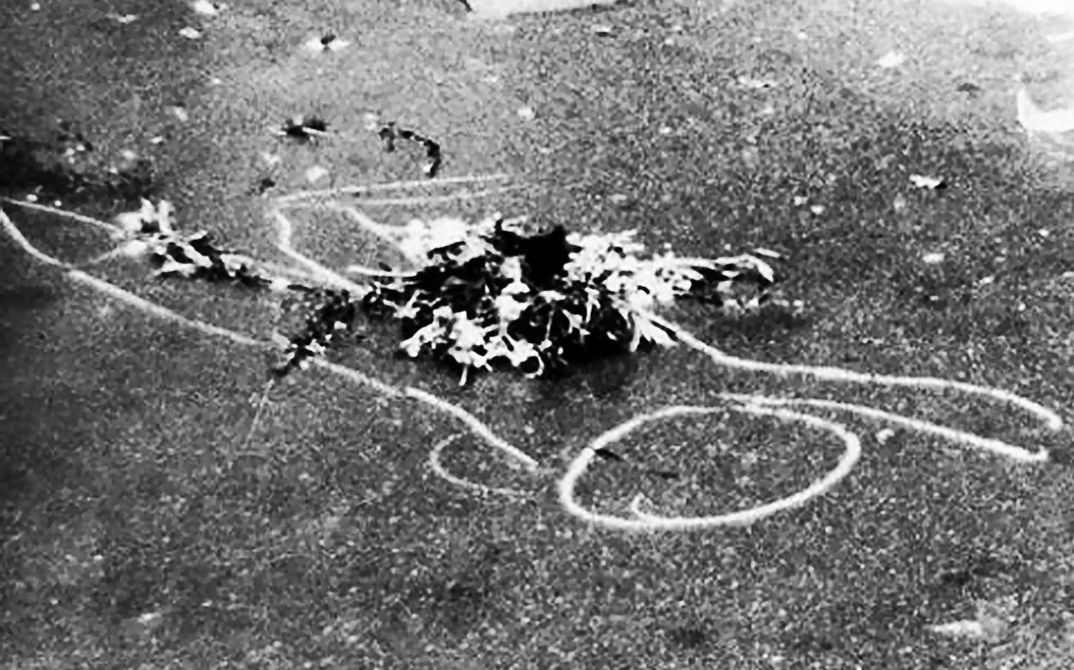9. – 30. June on arsenal 3.
In a programme with BLACK IN THE WESTERN WORLD, JORDMANNEN und ZİYARET, BESUCH.
18 MINUTEN ZIVILCOURAGE revisits the violent death of asylumseeker Kiomar Javadi in 1987, who was choked for 18 minutes by a supermarket employee after having been accused of theft. The film gathers statements from witnesses and court records in order to reconstruct the events; it finds no indication that the alleged theft actually took place.
The verse from a Hölderlin poem that accompanies the opening scene reminds the viewer not only of the coercive treatment of the poet in the small city on the Neckar, but also establishes a visual connection to the prison-like refugee accommodation where Javadi lived with his wife. In interviews conducted with people from Tübingen on the street, the prejudices against asylum-seekers held by many of them become clear. They refuse to see any racist motive behind the killing and think that the demonstrations which erupted in protest at the death of the young man are excessive. The film’s central question is encapsulated by the title of the poem that Erich Fried dedicated to Kiomar Javadi: What if “the man who died had been German”? (Can Sungu)
Rahim Shirmahd, born in 1958 in Lorestan Province, Iran. He has lived in Germany since 1980 and is a photographer, author, cameraman and director.
Written and directed by Rahim Shirmahd Cinematography Rahim Shirmahd Editing Eva Schaaf Music Poems by Persian poet Hafez sung by Benan and Marzie Sound Rudi Luik Voice-Over Chistine Seeberger, Volker Quant
Filmes 1976: Frischte i dar miane ma / Ein Engel unter uns (9 Min.). 1977: Harakiri e Irani / Harakiri auf Iranisch (37 Min.). 1991: 18 Minuten Zivilcourage (18 Min.). 1992: Lenin ist tot, es lebe Ferdoussi (15 Min.). 1993: Wenn mit dem Neckar herab... (88 Min.). 1994: Kapitän Crusoe (45 Min.). 1996: Das Filmland Iran (60 Min.). 2005: Fest des Gebets (22 Min.)
